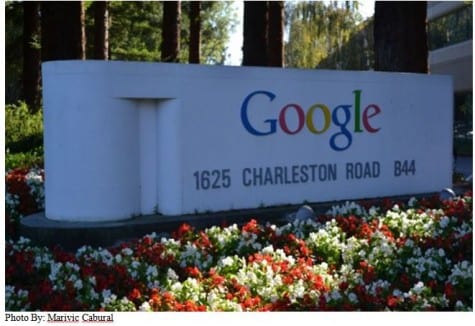The long running legal dispute between the European Union and Google Inc (NASDAQ:GOOG) is about to take a definitive stance as European Union finally accused the company for abusing its monopoly.
The main concern of the dispute is the accusation that Google Inc (NASDAQ:GOOG) is highlighting the search results of its own product Google Shopping and undermining its competitors at the same time.
These results appear higher in search queries than its rivals. This is a very significant accusation as almost 90% search queries on the internet are conducted by the company. This practice is illegal according to European laws that promote fair access to consumers.
In 2012, Google Inc (NASDAQ:GOOG) was caught up in a similar dispute with the United States Federal Trade Commission. The Commission found that the company biased its own products while showing search results. However, the Federal Trade Commission dropped the case altogether. But this may not be the case with European commission. European laws are more strict when it comes to fair competition. The commission has previously charged tech giants like Microsoft Corporation (NASDAQ:MSFT) and Intel Corporation (NASDAQ:INTC).
Microsoft Corporation has paid nearly $1.5 billion to the commission since 2012. An Executive of the company has commented that it is best to prepare for settlements with the commission than to fight with them.
In a memo issued by Google Inc (NASDAQ:GOOG) to its employees, the company has called the decision of the commission as “disappointing news”. The memo mentions that the company has a solid case. The European Commission has issued a statement of objection. This statement puts forth a preliminary argument to which the company must respond. The company commented that this might be a tough situation but it is also an opportunity for Google to present its case.
The company is likely to argue the search dominance of its rivals such as Amazon, eBay and other similar sites.
A long and costly legal proceedings has finally started. It remains to be seen how it will evolve in the near future.









